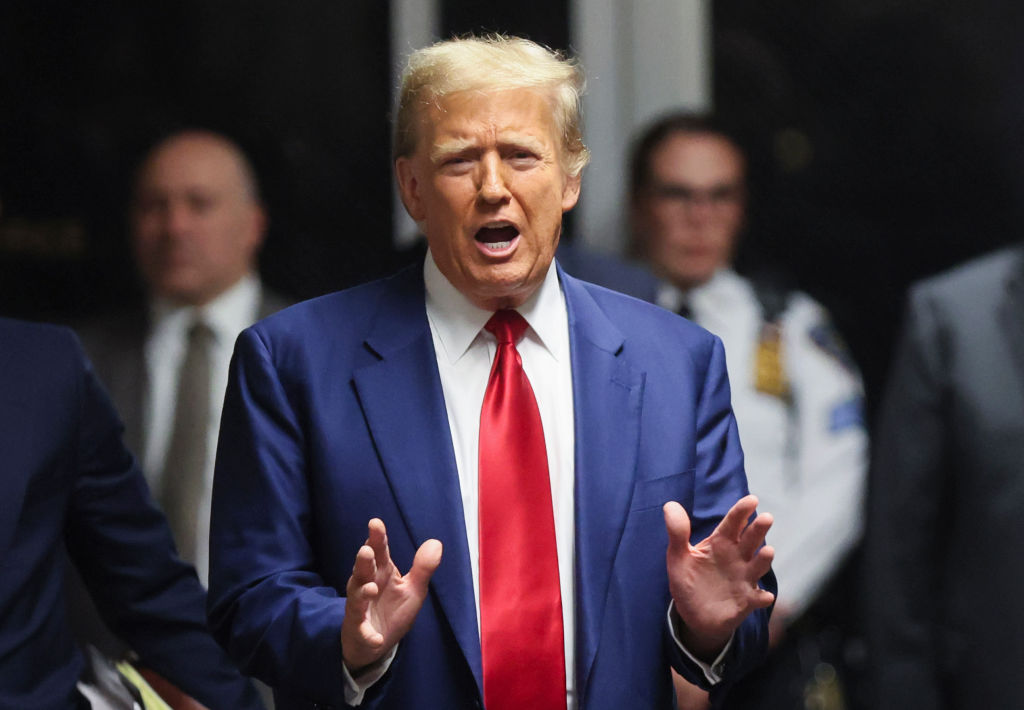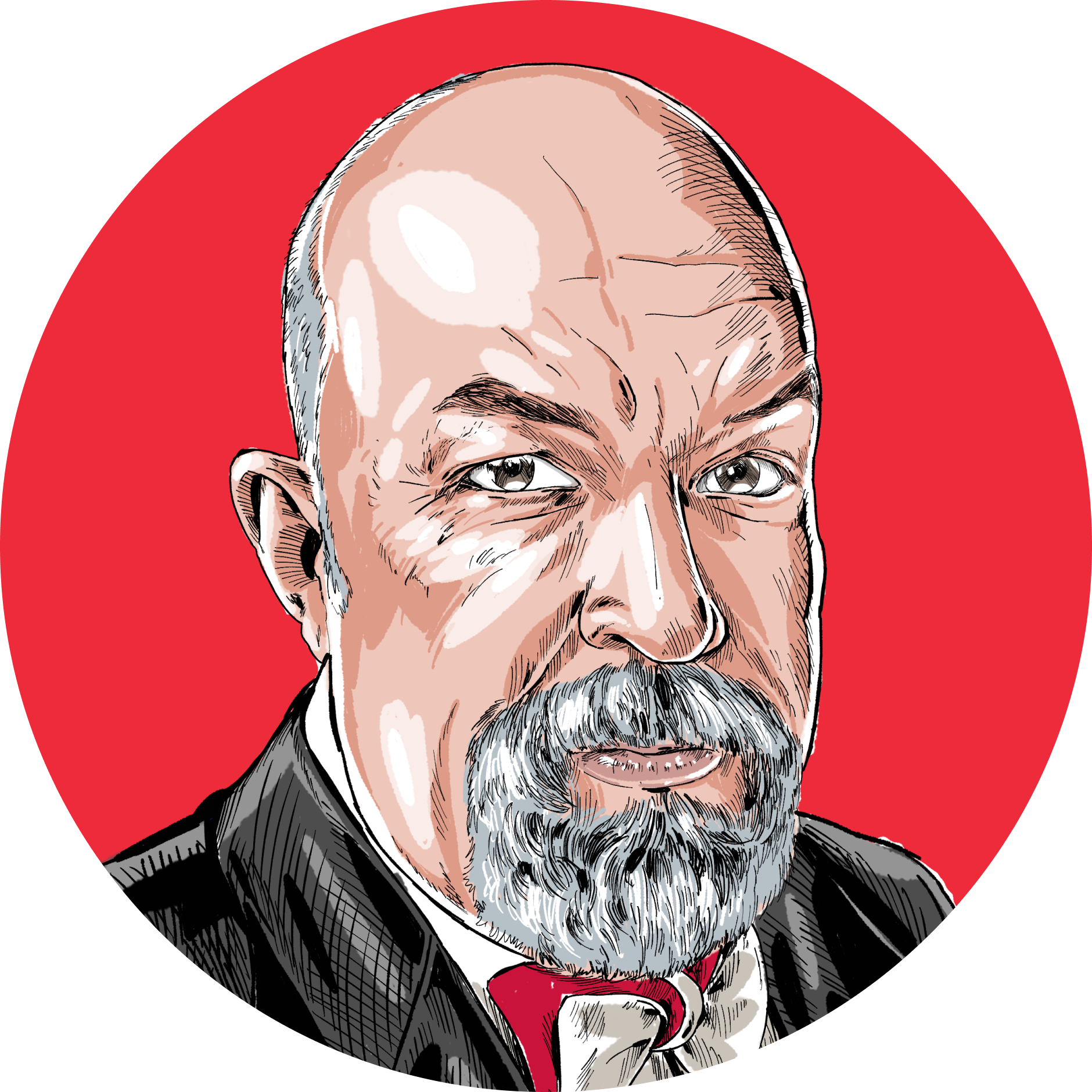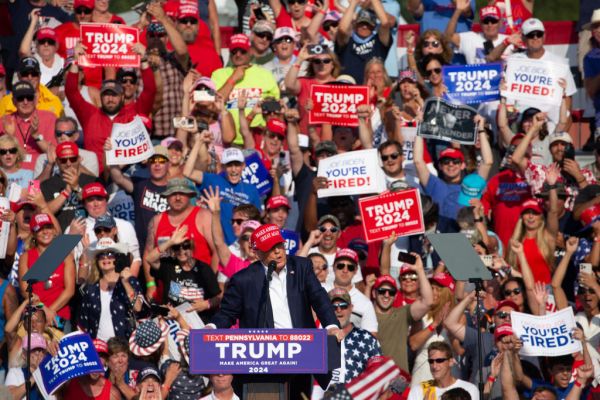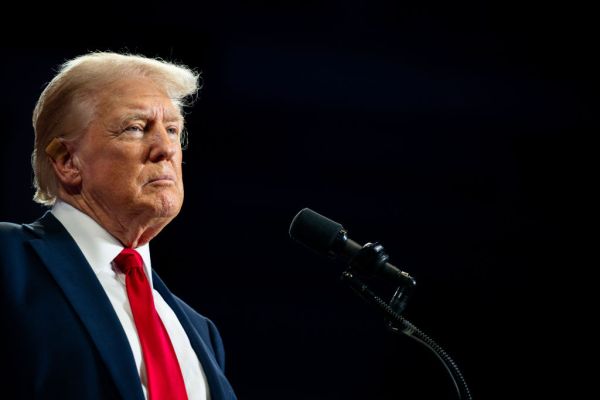One of the irritating recurrent features of the discussion surrounding Donald Trump’s New York fraud trial is the insistence that this was a “victimless crime.” On a recent episode of National Review’s “The Editors” podcast, my old colleague Rich Lowry insisted repeatedly that Trump’s shenanigans resulted in “no harm.”
This is not true.
It isn’t even particularly difficult to understand—no finance gobbledygook required: By misrepresenting his creditworthiness, Donald Trump cheated the shareholders of the banks that lent him money out of millions of dollars in interest payments and fees. Yes, Trump paid back his fraudulently negotiated loans—but that is irrelevant to the question at hand, which is that the loans themselves were based on bunkum, fraudulently put forward by Trump.
The next line of defense goes: “Well, sure, Trump lied about the value of his assets, but the bankers didn’t just take his word for it.” True, and—so what? That Trump might have carried out his fraud with the knowledge and winking cooperation of bankers who willfully turned a blind eye to his financial misrepresentations ought to surprise exactly nobody. It is as if nobody remembers the events leading up to the financial crisis of 2008-2009, when bankers offered their winking cooperation in all sorts of mortgage fraud by willfully turning a blind eye to the financial misrepresentations of a million deadbeat borrowers not named Donald Trump.
In economic and public-policy analysis, there is something called the “principal-agent problem,” in which executives in a firm (the shareholders’ agents) often have incentives that are different from—and even opposed to—the interests of the shareholders in the firm (the principals). For example—and I am not saying this is what happened in the Trump case; this is only an illustration—bankers may get personal income from getting a deal done by underestimating the credit risk involved, while the risk is borne not by the executives personally but by the shareholders. The whole idea of paying executives in stock options is to align their interests with those of the shareholders by making them current and future shareholders.
In the subprime mortgage fiasco, there were gazillions of “liar’s loans” signed off on by mortgage originators, who pocketed their fees and commissions, and then passed on the dodgy loans to other institutions, which in turn securitized these dodgy loans and found credit-rating agencies willing to label them Triple-A, investment-grade assets suitable for bank reserves. Trump’s apologists argue that he was presenting his fraudulent numbers to “sophisticated financial players,” and he was—as were the people who did so much to create the subprime-mortgage mess.
Trump’s shenanigans are against the law for the same reason ordinary mortgage fraud is against the law. People go to prison for mortgage fraud. It isn’t common, but lying on a mortgage application can, under federal law, bring down a 30-year sentence. Our financial system isn’t made for habitually dishonest people like Donald Trump—it runs, to a surprisingly large extent, on trust. Lenders charge interest in proportion to the risk they are undertaking, meaning banks—as well as their shareholders and, in practice, the taxpaying public that has from time to time found itself on the hook for bank failures—need to know what kind of risk they are taking on.
If you roll back the odometer on your car and sell it to a dealer, you’ve committed fraud, and it is no defense to say that you did, in fact, deliver the car, so there was “no harm”—you misrepresented your side of the deal. Nor is it a defense to say that the dealer, being a sophisticated party, should have done his own due diligence. If you misrepresent the state of a house you are selling and the buyer’s agent goes along with it in order to realize a commission, you’ve committed fraud—and the fact that the agent helped you rip off the principal isn’t a defense.
There are legitimate criticisms to be made of many aspects of New York’s case against Trump. You can’t say the prosecution isn’t to some degree political when the prosecutor ran a campaign on prosecuting Trump. But “This is political” is not another way of saying “There was no wrongdoing that should be addressed.” There was wrongdoing, and the claim that Trump’s wrongdoing produced no harm is untrue.









Please note that we at The Dispatch hold ourselves, our work, and our commenters to a higher standard than other places on the internet. We welcome comments that foster genuine debate or discussion—including comments critical of us or our work—but responses that include ad hominem attacks on fellow Dispatch members or are intended to stoke fear and anger may be moderated.